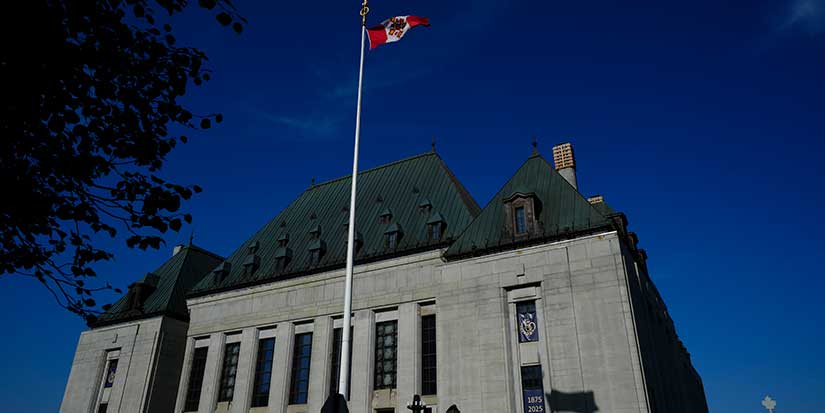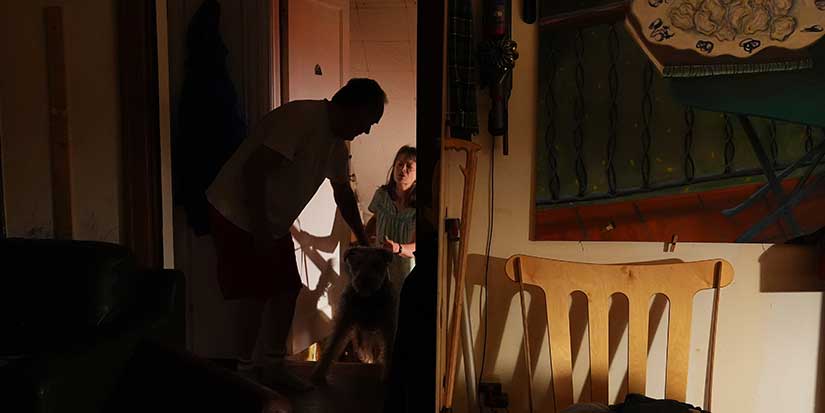National News
Supreme Court rules against Kanesatake in $2-million dispute with Quebec lawyer
Published 10:55 PDT, Fri October 10, 2025
Last Updated: 2:28 PDT, Fri October 10, 2025
—
Canada's top court has sided with a Quebec lawyer in a $2-million dispute that has lasted for more than two decades, involving a Montreal-area Mohawk community.
On Friday, the Supreme Court of Canada ruled in a unanimous decision that a debt owed by the Mohawk Council of Kanesatake to lawyer Louis-Victor Sylvestre has not been extinguished.
The decision clarifies the rules around how creditors can collect on debts in Quebec.
Serge Simon, former grand chief of Kanesatake, said Friday he was "devastated" by the decision. He said it could take many years to pay off a debt that is now worth three times its original amount, and to do so would require "cutting services back to the bone."
"It's going to hurt like hell, but we're going to have no choice now," he said.
The matter dates back to 2001, when the band council hired Sylvestre to help it fight a planned niobium mine in Oka, Que. Sylvestre and a group of experts did work for the band between 2001 and 2003. The mine project never materialized.
Sylvestre charged the band $536,000 for his work, while the experts charged an additional $162,000. At the time, the band was "facing considerable financial difficulties," according to the court ruling, and the council has never paid the bill.
With interest, the total owed to Sylvestre and the other experts is now around $2 million. Reached by phone on Friday, Sylvestre told The Canadian Press he was not immediately available to comment on the ruling.
Sylvestre's lawyer also did not immediately respond to requests for comment.
In October 2004, Sylvestre obtained a default judgment in Quebec Superior Court ordering the council to pay what they owed him. The band did not show up to offer a defence.
A third-party manager for the council tried to settle the band’s debts in January 2005 by offering about 25 cents on the dollar to its creditors. Sylvestre and the other experts declined the offer.
Under Quebec law, Sylvestre had 10 years to try to reclaim the money before his rights were extinguished. Since 2004, he has attempted a series of seizures of the band council's property to collect on the debt, which have had the effect of restarting the clock and preserving his right to the money for a further 10 years.
The Supreme Court case focused on an unsuccessful attempt to seize property at the band office in 2016. The band council argued that because no property was actually seized, the episode shouldn’t be allowed to restart the clock.
Had the court sided with the council, it would have meant the 10-year window had elapsed, which would have effectively freed Kanesatake of the debt.
But the judges found that the unsuccessful seizure was enough to keep Sylvestre's claim alive. He now has until November 2026 to try to collect his money and restart the clock for another decade.
According to a summary of the ruling published on the court website, "the 10-year period exists to ensure people act on time ... but it should not punish creditors who take the right steps before the deadline."
Simon said he's worried about what the $2-million debt will mean for the community, which is already mired in a governance crisis after an election scheduled for August was cancelled at the last minute. Simon is among five incumbent chiefs who are asking the Federal Court to declare that they remain in office until a new election can be held.
"It's the community that I'm really feeling bad about," he said. "It's what they're going to have to go without."
– Maura Forrest, The Canadian Press































